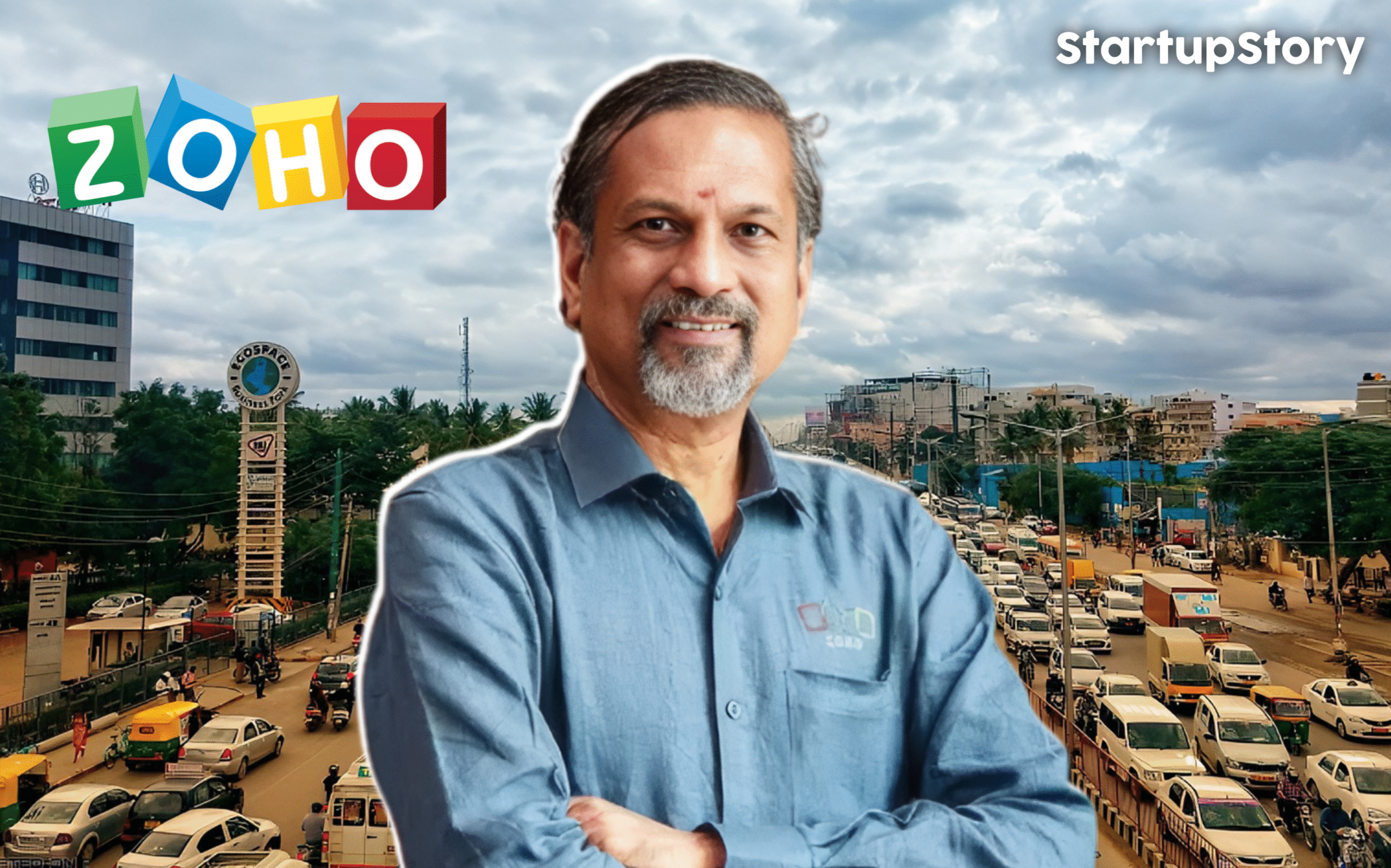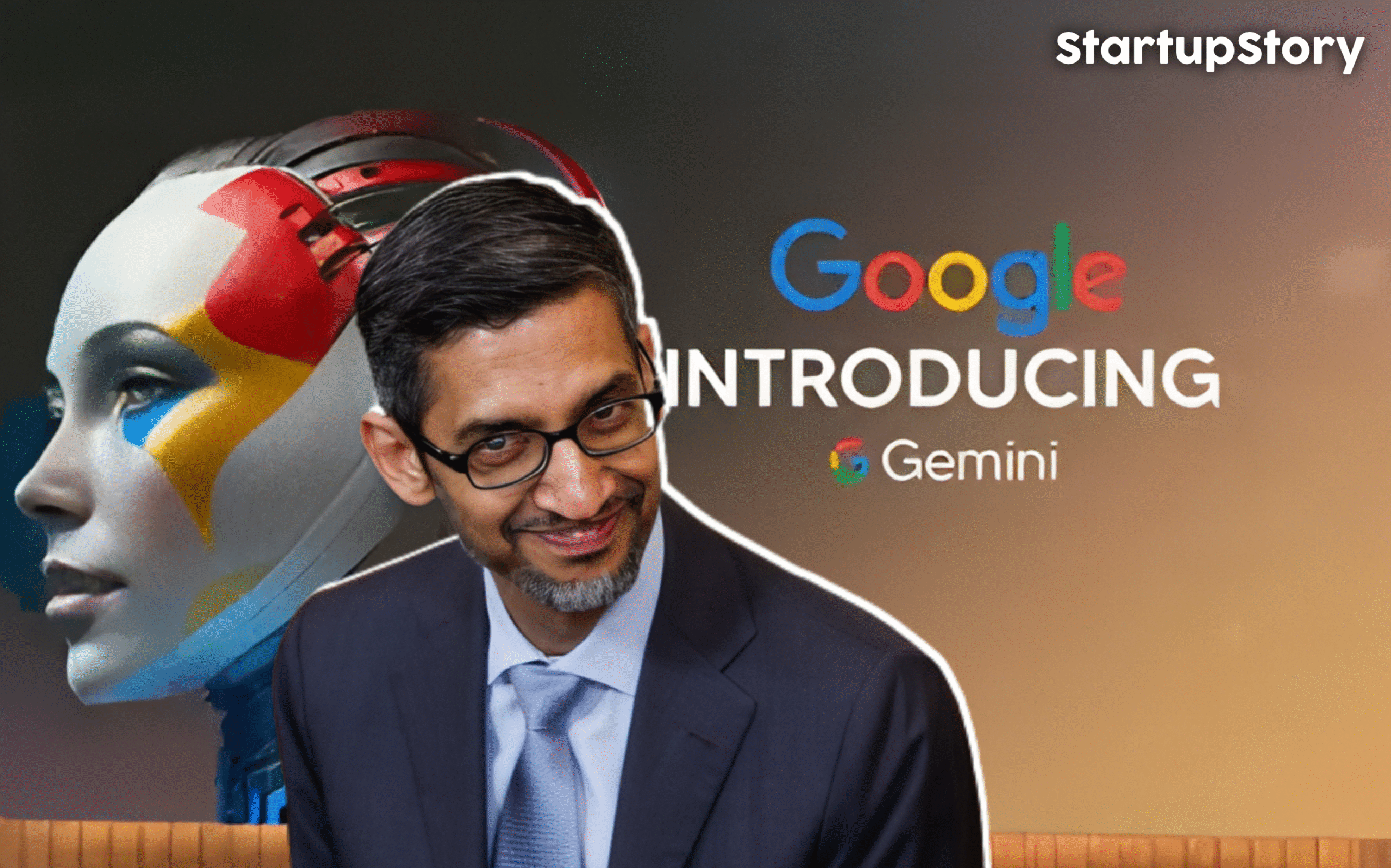
In a bold call to action, Zoho co‑founder and chief scientist Sridhar Vembu has urged Indian policymakers and urban planners to prioritize public transportation over private vehicle expansion. Drawing inspiration from Singapore’s effective model, he believes this is essential to making Indian cities more sustainable, efficient, and livable.
Why Public Transportation Matters Today:
Indian metropolises like Bengaluru, Mumbai, and Delhi are increasingly plagued by congestion, pollution, and long commute times-all amplified by skyrocketing private vehicle ownership. Vembu points out that Indian cities are even denser than global benchmarks like Singapore. Without robust, high-capacity public transport systems, these problems are set to worsen.
Singapore’s COE Model: A Strategic Framework
Vembu highlights Singapore’s Certificate of Entitlement (COE) system-a market-driven mechanism controlling private car ownership. In Singapore, the COE can cost more than SGD 100,000 (around ₹67 lakh), not including the vehicle price. This steep entry barrier tempers car ownership while complementing an efficient public transport network.
Dense but Livable: A Possibility for India
“Indian cities are far more dense than Singapore. We have to build extensive public transport to make our cities livable. It can be done,” Vembu asserted. His words highlight that if compact countries like Singapore can blend density with quality of life, densely populated Indian cities can too-if supported by the right infrastructure.
A Better Alternative Than Roads for the Elite:
Vembu’s comments emerged in response to BJP MP Tejasvi Surya’s critique of Karnataka’s proposed ₹18,500‑crore tunnel road under Bengaluru. Surya argued the project benefits only the private car-owning elite, neglecting the needs of the broader public. Vembu echoed this sentiment, suggesting solutions must center around inclusive and scalable public transport rather than elite-oriented road expansions.
Public Reaction: Mixed but Hopeful
Sridhar Vembu’s post on X (formerly Twitter) received over 1.7 lakh views and sparked a wide range of responses from the public and experts alike.
One user commented, “We should focus on building cities, not just buildings. There must be proper incentives for builders to contribute to public transport infrastructure under the Public-Private Partnership (PPP) model.”
Another person pointed out, “Last-mile connectivity in our cities is really poor. If there were air-conditioned public transport options with reliable last-mile access, most people would stop using private cars.”
Transport expert Dr. Sudhir Mehta added, “India needs millions of zero-emission buses. But without a strong budgetary commitment-possibly funded through road tolls-we won’t be able to make meaningful progress.”
These reactions reflect a growing awareness and support for sustainable, inclusive, and efficient urban transport systems, highlighting the urgent need for public investment and planning reform.
Way Forward: Bold Urban Policies
Vembu’s message is clear: Indian cities must learn from global examples like Singapore by:
- Investing heavily in metro, bus rapid transit, and feeder services.
- Regulating private vehicle ownership through mechanisms like COE.
- Financing public transit sustainably, perhaps via road tolls or public-private partnerships.
- Prioritizing access for all, especially the urban majority that relies on mass transit.




